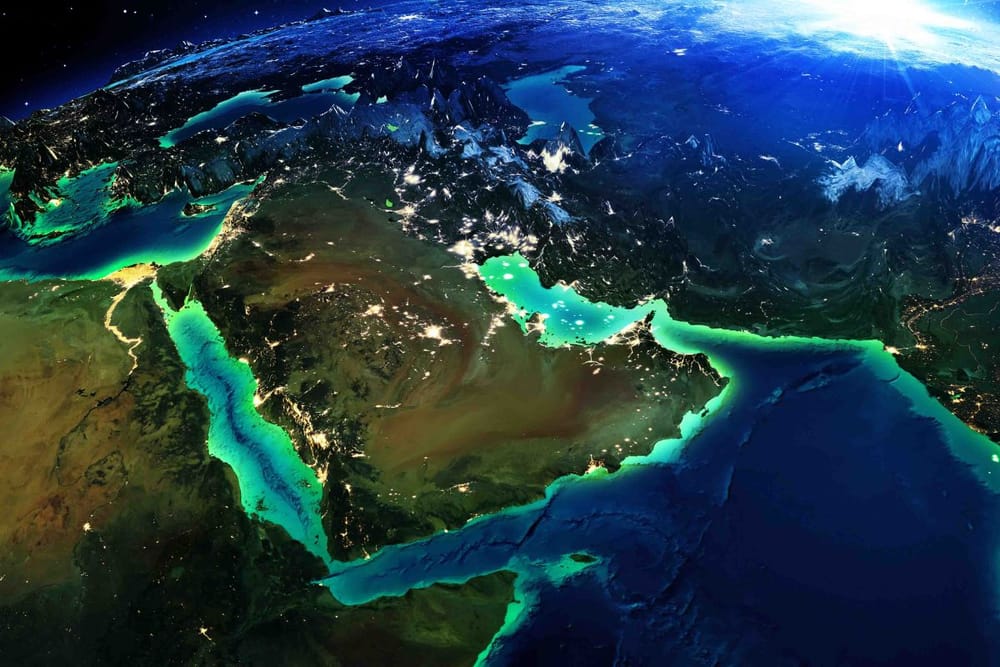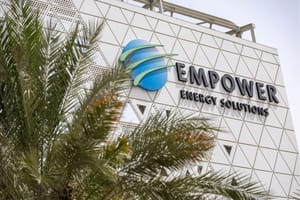The Gulf Cooperation Council (GCC) countries have secured top global rankings in key energy indicators, according to data released by the Statistical Centre for the Cooperation Council for the Arab Countries of the Gulf (GCC-Stat).
The region ranked first worldwide in crude oil production, crude oil reserves, crude oil exports, and natural gas reserves. Additionally, the GCC ranked second in natural gas exports and third in marketed natural gas production.
In 2023, the GCC's crude oil production reached 17 million barrels per day (mbpd), accounting for 23.2% of global production, despite a 6.8% decline from 2022. Crude oil reserves stood at 511.9 billion barrels, representing 32.6% of the global total. Crude oil exports were recorded at 12.4 mbpd, making up 28.2% of global crude oil exports, despite an 8.2% drop from 2022.
The GCC’s oil derivatives exports saw a 7.1% increase, reaching 1,518.6 million barrels, securing the region's second-place ranking globally. Gasoline and diesel production led among petroleum derivatives, with gasoline consumption totaling 336.6 million barrels and gas oil/diesel consumption at 299.7 million barrels.
In natural gas, the GCC's reserves reached 44.195 billion cubic meters, accounting for 21.4% of global reserves. Exports were recorded at 180.9 billion cubic meters, reflecting an average annual growth of 2.5% since 2014. Marketed natural gas production totaled 464.2 billion cubic meters, representing 10.8% of the global share.
Renewable energy capacity in the GCC surged by 74.7% in 2023, reaching 10,742 megawatts, while electricity production rose to 794.9 thousand gigawatt hours. The shift toward renewables reflects the region’s growing commitment to sustainable energy policies.
News Source: Emirates News Agency









